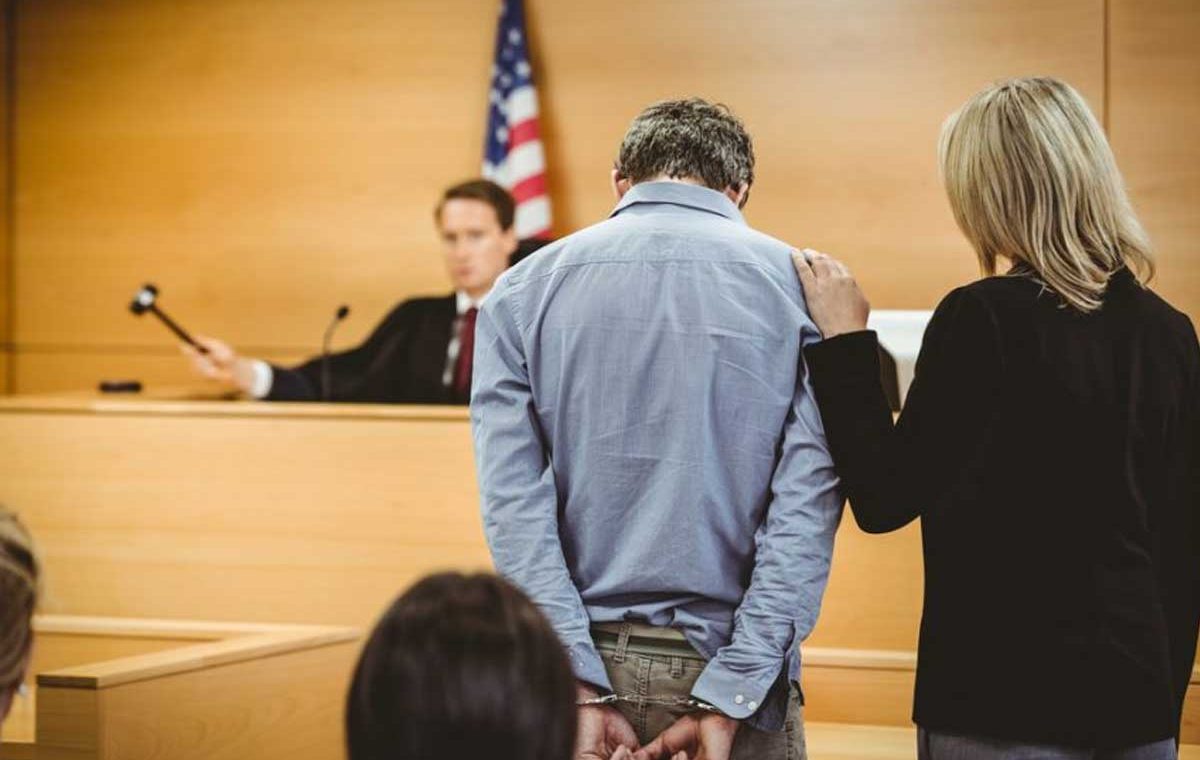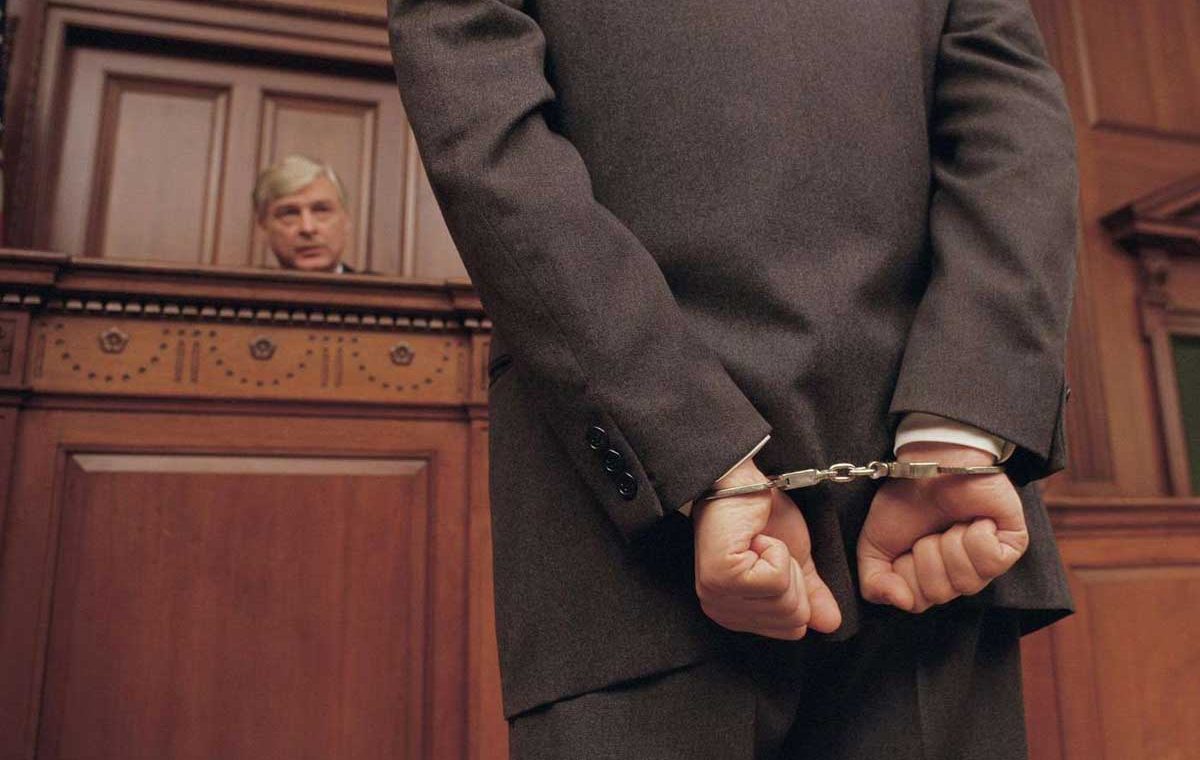

Stay updated with the latest criminal law firm cases and developments in criminal law. Visit Kenneth Udoibok’s premier online blog: Criminal Lawyer
All are presumed innocent until proven guilty, including those involving felonies, DUIs, arson, drug crimes, and sex crimes
Kenneth Ubong Udoibok, P.A., has represented hundreds of people in federal and state courts. Attorney Udoibok was a former Deputy County Attorney and a Division Head of St. Louis County Attorney’s Office. No criminal case is too small or too big for Kenneth Ubong Udoibok, P.A. we have tried felony cases for acquittal in state courts and have the satisfaction of defeating federal indictments. No matter what criminal charge you are facing, we will provide aggressive and competent representation to resolve your case.
Kenneth can handle all types of criminal cases including:
- Assault/Battery
- Arson
- Burglary
- Computer Crimes (Possession & Manufacture of Child Pornography)
- Disorderly Conduct
- Drug Crimes (Manufacturing, Possession & Distribution of Control Substance)
- DWI & DUI (Refusals, Criminal Vehicle Operation, Criminal Vehicle Homicide)
- Domestic Assault
- Felony Offenses
- Forfeiture (Criminal & Civil)
- Fraud (Credit cCard & Identity Theft)
- Gun Charges (Possession w/o Permit, Prohibited Person in Possession)
- Internet Crimes (Possession & Distribution of Pornography, Solicitation)

Do you need more information?
If you would like more information about our capabilities or receive a case evaluation, please schedule an initial attorney consultation by completing our online form or calling our criminal law firm at 612-808-6031. The sooner Kenneth Ubong Udoibok, P.A. is involved, the sooner you benefit and avoid pitfalls in your case.
Questions & Answers on Criminal Law
Criminal law is a branch of law that deals with offenses committed against the state or society as a whole. It defines and regulates behaviors that are considered harmful or dangerous to individuals or the community, and it sets out the punishment for those who violate the law.
Felonies and misdemeanors are two categories of criminal offenses distinguished by their severity. Felonies are more serious crimes, typically punishable by imprisonment for over a year, while misdemeanors are less severe and usually result in shorter jail sentences (less than a year) or fines.
Since the beginning of recorded law, the offense of murder has been seen as the most serious of crimes, with the intentional taking of another's life considered at least as heinous than any other human act.
Proving mental state and causation are two of the most difficult parts to prove in court (for prosecutors that is). Proving mental state and causation is tough for a few reasons; mental states like intent are mostly hidden in a person's thoughts, making them hard to prove directly. Additionally, these mental states can change over time, and establishing a specific mental state during an incident is complex. When it comes to causation, showing a direct link between the defendant's actions and the harm suffered can be tricky, especially in cases with multiple factors at play or long time gaps. High legal standards require strong evidence, and sometimes, there's no direct proof, leaving attorneys to rely on indirect evidence like expert testimony or circumstantial evidence. To tackle these challenges, prosecutors use a combination of evidence types and must meet the required burden of proof, which varies depending on the legal context.